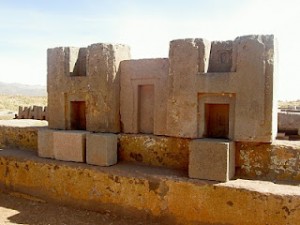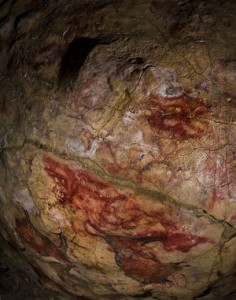When Antarctica Was Warm…
Whenever I read an article about how Antarctica was once a warm and tree covered paradise, my imagination soars and I wonder, well then, who was living there then? Some people say that the true location of Atlantis is under the ice of Antarctica – it IS a giant island after all… And with all the evidence lately of civilization being way older than we ever thought, who is to say that we weren’t around a million years ago building cities? (See: The Vedic literature of India!) –
EcoAlert: Ancient Antarctica Found Warmer & Wetter Than Expected
(DailyGalaxy.com)
“A new university-led study with NASA participation finds ancient Antarctica was much warmer and wetter than previously suspected. The climate was suitable to support substantial vegetation — including stunted trees — along the edges of the frozen continent.
By examining plant leaf wax remnants in sediment core samples taken from beneath the Ross Ice Shelf, the research team found summer temperatures along the Antarctic coast 15 to 20 million years ago were 20 degrees Fahrenheit (11 degrees Celsius) warmer than today, with temperatures reaching as high as 45 degrees Fahrenheit (7 degrees Celsius). Precipitation levels also were found to be several times higher than today.
For the complete article click here.


